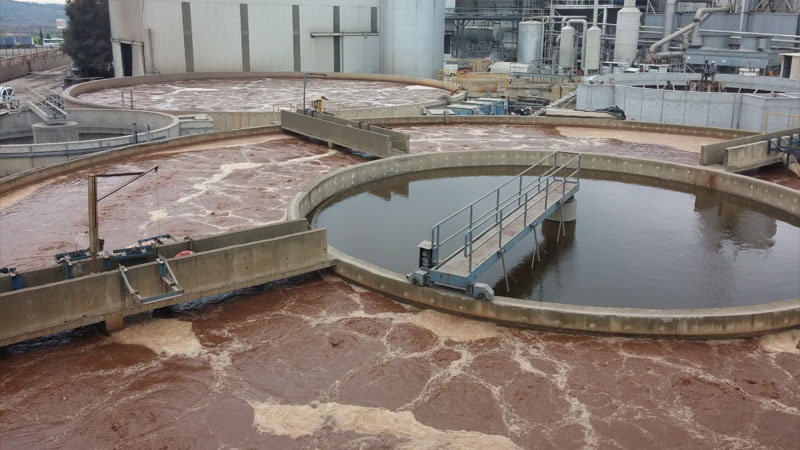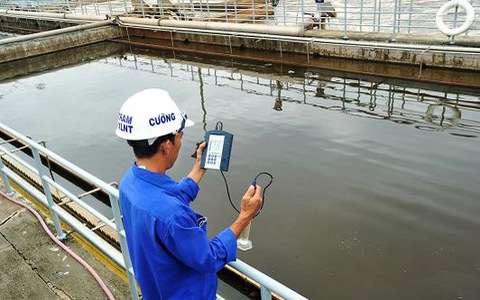NGO News – Permission of discharging wastewater into water sources is one of important papers in an enterprise’s business and production operation.

1. Implementation process:
Step 1: Prepare all documents in accordance with Vietnamese environmental law:
– The Provincial level: Prepare 01 dossier set of wastewater discharge and 01 company capacity profile
– The ministerial level: Prepare 02 dossier sets of wastewater discharge and 02 company capacity profile.
– 01 dossier set includes:
+ The application for permission (according to form No. 09 in Appendix 27/2014 / BTNMT)
+ The scheme on discharge of wastewater into receiving sources (applied for units who have not yet discharged wastewarter); or Report on the current wastewater-discharge situation (apply for units who are discharging) (Sample scheme and report according to form No. 35, 36 of Circular 27/2014 / BTNMT’s appendix)
+ Capacity profile of organizations/individuals applying for permission of wastewater discharge;
+ Other documents:
Data on the quality of feed wastewater and receiving source (if any);
Testing result of feed wastewater samples and quality of water after treatment (report on discharge)
Drawings of collection & drainage systems of wastewater and rain water
Explanatory report and design drawings of waste water treatment system
Note:
– Applying for wastewater discharge permission at Ministrial level:
+ Discharging capacity of 30.000 m3/ day and night or more for aquaculture
+ Discharging capacity of 3.000 m3/ day and night or more for other activities
– Applying for wastewater discharge permission at Provincial environment & natural resources Department level:
+ Discharging capacity below 30.000 m3/ day and night for aquaculture
+ Discharging capacity below 3.000 m3/ day and night for other activities
– If the discharging capacity is less than 5 m3/day and night, organizations/individuals do not need to apply for discharge permission, insteads only need to register at district (except some industries stipulated in item 5, Article 3 of Circular 27/2014/BTNMT).
Step 2: Submit the dossier at one-door department of environment and natural resources Department or Ministry of natural resources and environment:
– When submiting documents, organizations/individuals have to submit one set of dossier for the provincial level and two sets of dossier for the ministerial level; The dossier and attached documents must be notarized.
– Profile capability
– The dossier-receiving official shall examine the legality and content of the dossier:
+ If the dossier is complete and valid, the officer shall proceed the next procedure.
+ If the dossier is incomplete and invalid, the official shall notify such to the applying organizations or individuals for dossier completion.
+ After receiving the valid dossier, the official shall write promisorry note and give it to applying organizations or individuals.
– Dossier-receiving time: During working hours of the week.
Step 3: Get permission at one-door department of Environment and Natural resources department:
-The organizations or individuals who come to take the permission must issue the promisorry note
– The applying organizations or individuals shall have to pay charges and fees according to regulations.
– The officer issues the permission and the recipient must sign to confirm that he/she received it.
– Time period to return result: During the office working time according to promisorry note.
2. Implementation method: Applying directly at Environment and Natural resources Department; or Ministry of Natural resources and environment
3. Processing time: 30 to 48 working days from the date of receiving valid dossier.
4. Objects of application: Individuals and organizations.
5. Department implementing administrative procedures: Department of Water Resources
6. Result of implementation procedure: Wastewater discharge permission
***Vui lòng đọc kỹ yêu cầu về Điều khoản sử dụng – Bản quyền trước khi sao chép hoặc trích dẫn nội dung và hình ảnh của website.
Trang web này thuộc bản quyền của Công ty TNHH Quốc tế NGO (NGO International). Bất kỳ hình thức sử dụng hoặc sao chép một phần hoặc toàn bộ nội dung dưới mọi hình thức đều bị nghiêm cấm, trừ trường hợp được sự cho phép rõ ràng bằng văn bản từ Chúng tôi.

 Tiếng Việt
Tiếng Việt





